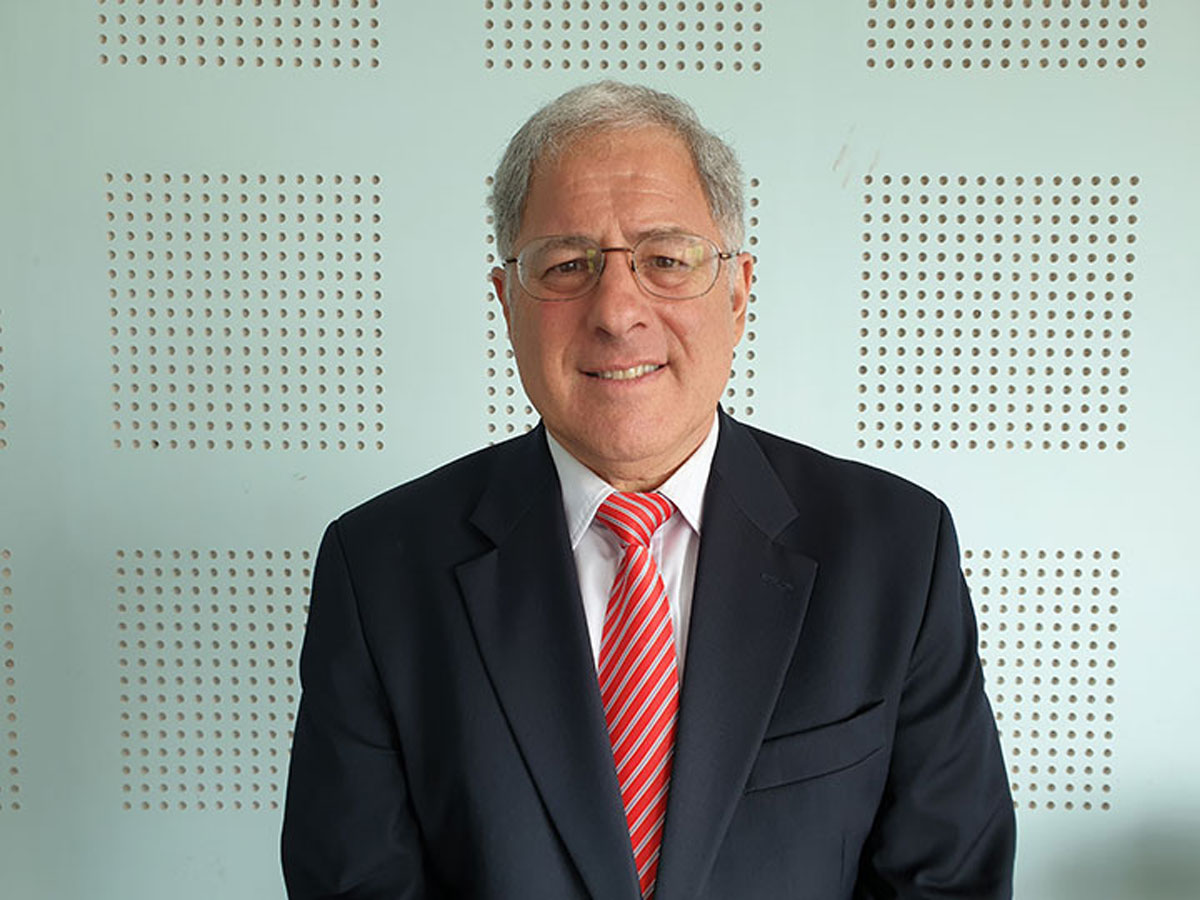VOICES FROM THE ECCC (Extraordinary Chambers in the Court of Cambodia)/THE KHMER ROUGE TRIBUNAL.
1. Can you state your position and provide a brief summary of your basic responsibilities?
2. Can you provide any insight into what brought you to the ECCC in this role?
3. What are your thoughts on the positive and negative aspects of a hybrid court (or restrictions or freedoms that you found at the ECCC)?
4. Can you comment on any significant challenges faced in your role at the ECCC?
5. At times, the International and Cambodian sides of the ECCC arrived at different positions throughout the history of the OCIJ. Can you comment on any formal or informal ways in which the differing positions (or cultures) were adjudicated?
6. Can you provide any personal anecdotes on these processes?
7. How would you compare your experience in the ECCC with other courts you are familiar with?
8. Are there any lessons learned, best practices, or recommendations that stand out in your mind based on your time at the ECCC? These recommendations, best practices or lessons learned can be both for future countries (or the UN) considering an ECCC-like court, as well as judges or other personnel who may be working in such courts.
9. Can you speak on what you identify to be successes or victories, either in your personal work or the ECCC?
10. Can you speak on what you identify to be opportunities or tasks that you think should be accomplished but were not attained—either because of legal or other impediments?
11. What do you see to be significant challenges for future courts handling mass atrocities based on your work at the ECCC?
12. Can you recall any experiences at the ECCC that changed your perspective, opinion, or practice?
13. Keeping within the boundaries of what has been released to the public: Can you recall any accused or survivor stories that resonate with you?
14. What do you think is the one (or several) major impacts of the ECCC on Cambodian society? Both today and twenty years from now?
(Photo by Ros Sampeou, July 24, 2019)

